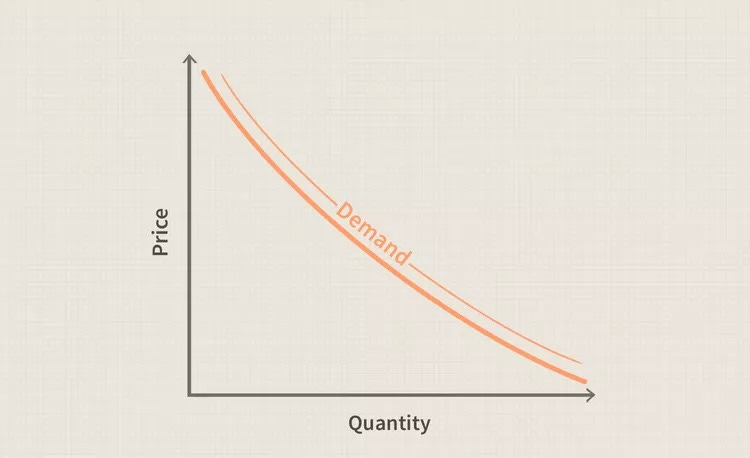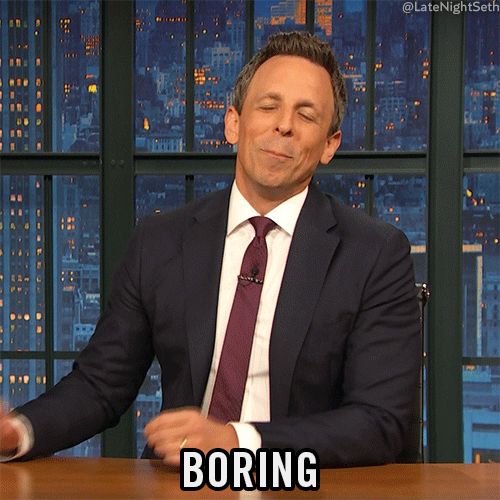In 2021 ‘FinTok’ (Financial TikTok) was a hotbed of teenage trading gurus and ‘Dogecoin millionaires’. If you spent any time in that dark corner of the internet you probably remember tropes like "stocks only go up” and “when Lambo?”. Everyone seemed to be getting filthy rich with meme stocks and crypto. Researching or studying investing or economics was a waste of time.
In 2023 things have changed, people have been violently brought back down to earth quicker than Elon Musk can say "Dogecoin to the moon".
The main driver behind the pump of crypto and stocks was that interest rates were almost zero, money printing was in overdrive, and inflation was skyrocketing. It was all fuelled by the fiscal reaction to covid by western governments.
But when inflation reached double digits, a party pooper at the Fed (Federal Reserve) decided to be the adult in the room. The method most used by central banks such as the Fed to tame inflation is to increase interest rates.
This post dissects why rising interest rates tend to reduce the price of stocks, crypto and other assets.
Why do interest rates reduce prices?
Borrowing costs
When interest rates rise, the cost of borrowing surges meaning companies have less capital to invest and expand. If a baker is paying 10% interest on his loans all of a sudden, that’s a lot less dough to play with… This slows down profit growth, which ultimately constrains stock prices.
Safer investments
Government bonds are considered safer than shares in companies which can go bankrupt. That’s why bonds aren’t known for bountiful yields because they are considered to be a safe house for investment. But when rates do climb, they become irresistible to investors who sell some stocks in pursuit of more secure returns.
I mean who doesn't want to lend money to a group of people who can't even agree on a budget…

Less spending
When interest rates are low, consumers take out credit cards and swipe left and right like they’re on Tinder. When rates rise, people have less disposable income as their mortgage payments increase, and cheap credit becomes lacking. This reduces sales and the overall economy's growth, reducing company profits and stock prices.
How do interest rates affect inflation?
Spending
Why have kids been paying £100 for a can of Prime recently?
Economics 101: When demand is high, prices soar. When demand is low, they plummet. Businesses have to slash their prices when rates are high to keep the cash register ringing.
Exchange rates
High rates tend to strengthen a country’s currency. Exporters have no choice but to reduce prices to avoid reducing demand as their goods become more expensive abroad.
Let’s hope a strengthening dollar will make British kids buying £100 cans of Prime come to their senses!
People save more
Why leave your money in a savings account when you're getting almost nothing for it? It's like leaving your socks in the dryer for too long - they come out all shrunken and practically useless!
But if rates are high you can put it in a savings account and get a decent return. It's like finding a brand new pair of socks - they're comfortable, they fit, and they make you feel good!
That’s why businesses have to lower their prices because if you're feeling good, you're not buying!
What can we learn from this?
Central banks use interest rates to control the economy. They twist the dial on people's ability to borrow and save. This affects inflation and the value of investments.
The main lesson here is ‘don’t fight the fed’:
Don't beat yourself up about your assets being down so badly at the moment, a significant factor has been the increase in rates globally.
This does also mean you can't take credit for being an investing genius when you made a windfall on Tesla or Bitcoin in 2020. Most of this was fuelled by near-zero rates and money printing in the face of covid.
By understanding what drives interest rates, you can take a long-term macro view of the markets and position yourself accordingly.
How to invest
A few years ago smart investors were aware rates had been almost nil for such a long time and inflation was rising. They acted by reducing their exposure to the markets and taking profits.
Now those savvy investors can see inflation starting to turn and the economy being pushed to its brink. Central banks are going to have to pivot to lower rates before it implodes.
Position yourself accordingly. Prices are at historic lows, if you can time the credit cycle correctly, it could pay off massively for your portfolio.
“It's not about timing the market, but about time in the market”
However, as this overused mantra suggests, trying to time the market can be risky. If you’re risk averse, diversify your portfolio with assets which are less susceptible to higher interest rates.
Bonds are your obvious bet. Though boring, when interest rates rise so do their yields. Consider having some exposure to bonds in your portfolio to hedge the risk of rising interest rates.









All the " Trading Gurus" have gone very quiet now all of a sudden....